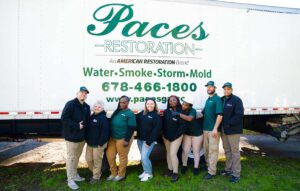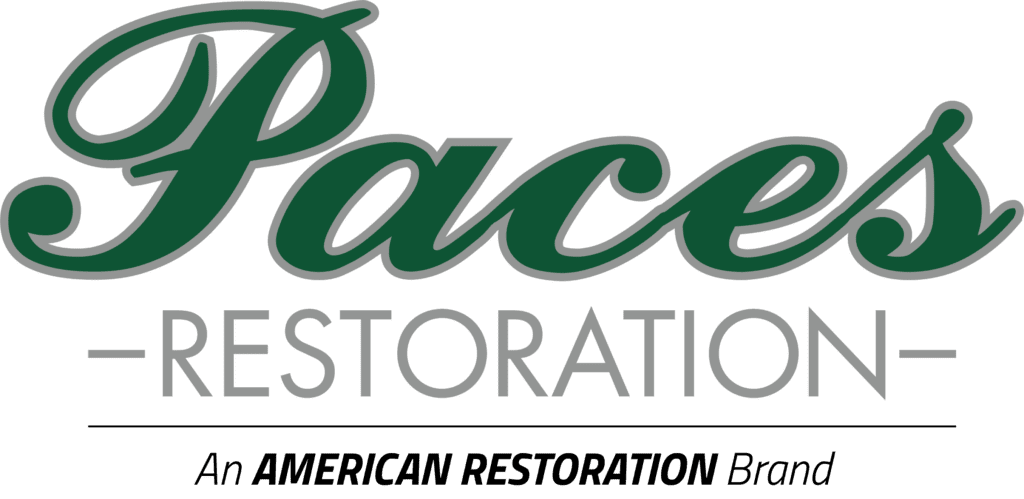A burst pipe can turn into a homeowner’s worst nightmare in a matter of minutes. Water can flood your home, damaging walls, flooring, and personal belongings while increasing the risk of mold growth. Knowing what to do if a pipe bursts can help you act quickly, minimizing damage and saving thousands in repair costs. Follow these essential steps to protect your home and prevent further issues.
1. Shut Off the Water Immediately
The first and most critical step is to turn off your home’s main water supply. This will stop water from continuing to pour out of the broken pipe and limit further damage. Most homes have a shut-off valve located near the water meter, in the basement, garage, or outside near the foundation. Make sure every member of your household knows where this valve is and how to turn it off in case of an emergency.
If the burst pipe is part of a localized system, such as under a sink or near an appliance, you may be able to shut off the water supply to that specific fixture rather than the whole house.
2. Turn Off Electricity in Affected Areas
If water is pooling near electrical outlets, appliances, or your electrical panel, turn off the power to that area of the home. This will help prevent electrocution and further damage. However, if you must walk through standing water to access the breaker box, do not attempt to turn off the electricity—instead, call a professional for assistance.
3. Drain the Remaining Water
Even after shutting off the main water valve, there may still be water in your pipes. To relieve pressure and empty the system, turn on all faucets, including those outside, and flush the toilets. This will help prevent additional leaks and reduce further damage.
4. Identify the Burst Pipe and Assess the Damage
Once the immediate flow of water has stopped, locate the burst pipe. Look for signs of damage such as cracks, bulges, or water stains on walls and ceilings. If the pipe is hidden behind walls or ceilings, you may hear dripping or notice water pooling in unexpected areas.
If the pipe burst due to freezing temperatures, consider checking other areas of your home for additional damage. Pipes in unheated spaces like basements, attics, and crawl spaces are particularly vulnerable.
5. Start Removing Excess Water
The longer water sits, the greater the risk of structural damage and mold growth. Use towels, mops, and buckets to soak up standing water. If the flooding is extensive, a wet/dry vacuum can be useful for removing excess moisture.
For larger floods, contact a professional water damage restoration company as soon as possible to prevent mold and long-term damage.
6. Call a Plumber for Repairs
Unless you have plumbing experience, you’ll need a licensed plumber to repair or replace the broken pipe. A professional will ensure the job is done correctly, preventing future leaks or damage. While waiting for repairs, avoid using water in the affected area to prevent additional strain on the plumbing system.
7. Contact a Water Damage Restoration Professional
A burst pipe can cause extensive damage to walls, ceilings, flooring, and even the foundation of your home. Mold can start growing within 24-48 hours, making professional water extraction and drying crucial. A restoration company will assess the damage, remove excess moisture, and restore affected areas to prevent further issues.
8. Document the Damage for Insurance Claims
If the damage is severe, you may need to file an insurance claim. Take photos and videos of the affected areas before starting any cleanup or repairs. Keep records of any repair costs, receipts, and professional evaluations. Contact your insurance provider as soon as possible to begin the claims process.
How to Prevent Burst Pipes in the Future
While some pipe bursts are unavoidable, there are steps you can take to reduce the risk:
- Insulate exposed pipes in basements, attics, and crawl spaces.
- Keep your home heated to at least 55°F, even when away.
- Let faucets drip during freezing temperatures to keep water flowing.
- Seal leaks and drafts around windows, doors, and exterior walls.
- Replace old or corroded pipes before they become a problem.
Need Emergency Help? Call Paces Restoration Today
Knowing what to do if a pipe bursts can save you from costly repairs and major headaches. Acting quickly to shut off the water, remove excess moisture, and contact professionals will help protect your home.
If your home has suffered water damage from a burst pipe, Paces Restoration is here to help. Contact us at 678-466-1800 for expert water damage restoration and emergency support. We’re available to restore your home and give you peace of mind.





